In the Lab

Many activities are considered hallmarks of the undergraduate student experience at Auburn—core classes, club involvement, campus dining, sporting events and uniquely Auburn traditions, to name a few. For some students, the undergraduate experience is enhanced by the opportunity to participate in research—something typically associated with a graduate program.
“In the School of Kinesiology, we have many students who want to get plugged in to research at the undergraduate level,” said Director Mary Rudisill. “It gives them the unique opportunity to publish research, present at conferences and bolster their resumes before applying for graduate or professional school.”
One student who is taking advantage of undergraduate research opportunities is Reagan Boledovic, who has been working in the Warrior Research Center under the mentorship of Professor JoEllen Sefton.
The Putnam, Connecticut, native is majoring in exercise science with an anticipated graduation date of May 2026. She has been working in the Warrior Research Center since October 2022.
“I was introduced to Dr. Sefton through a former teacher,” Boledovic said. “I reached out to her after learning about her work with the Warrior Research Center, and she invited me to observe a data collection and meet the graduate students. After attending a few data collections, I knew this lab was a great fit for me.”
Boledovic’s career goals align well with the work of the Warrior Research Center.
“After graduation, I plan to pursue a master’s degree in exercise science from Auburn and then attend physical therapy school,” she said. “My career goal is to become a prosthetic physical therapist and work with veterans and other tactical athletes recovering from amputations.”
The Warrior Research Center, and accompanying Neuromechanics Lab, works with tactical athletes such as military personnel, firefighters, police officers and paramedics, to maximize readiness, prevent injuries and promote long-term health in these populations. The center works with local police and fire departments which allows researchers to see their work being implemented into the community.
“I am working on a study that will examine the impact of ‘micro-breaks,’ which are short stretching breaks during a shift, on police officers’ stress levels and musculoskeletal pain,” Boledovic said.
She said working alongside graduate students has been helpful in learning how to work with a team while conducting research.
Sefton said the lab benefits tremendously from having undergraduates conduct research with her graduate students—in the lab and in the field.
“Undergrads bring enthusiasm and fresh ideas along with a strong work ethic,” she said. “We often do large projects, and we really value those extra hands. It is also a great opportunity for my graduate students to learn mentoring skills. And finally, I think it’s good for my graduate students and myself to remember where we started, and to remember to explain things to folks that are totally new to the research lifestyle. I love seeing them grow into students who think critically and ask hard questions. And I think it helps my graduate students to see how far they’ve come.”
In Oliver’s Sports Medicine and Movement Lab, undergraduate research is a standard practice, with students committing to a minimum of two semesters of work, but four semesters is desirable. Oliver developed this program based on feedback from former successful undergraduates.
“My overall philosophy of undergraduate research involvement is that greater effort reaps pronounced benefit. My undergraduate students are given the same opportunity as my doctoral students,” Oliver said. “My lab philosophy is simply that production is rewarded. My students know that it does not matter what level—undergraduate or graduate—they have completed. It only matters what they are doing. All students are given the opportunity, as well as encouraged to take the opportunity to excel. Undergraduate researchers are given a learning environment with great direction and independence to enhance their knowledge base critically. They experience a contagious lab atmosphere of drive and determination for success daily and the motivation to be better tomorrow.”
Students who have worked under Oliver agree. A former student said the most important things she learned while in Oliver’s lab were how to conduct research, how to present research and how to write about research.
“This is best illustrated when looking at the success I had while serving in her lab,” the student wrote. “During my time at Auburn, I published four first-authored manuscripts and 11 non-first authored manuscripts, presented at 14 different conferences, and won three awards for presentations. Because of my training, I was able to independently design, execute and write my honors thesis.”
Boledovic said she recommends all undergraduate students get involved in research.
“There are so many labs at Auburn and in the College of Education, and all of them focus on distinct aspects of their specific field,” she said. “Do not get discouraged if you do not feel like a specific lab is a good fit for you—explore your options. As an out-of-state student, trying to find ways to get involved was overwhelming, but once I got into the lab, I knew I had made the right choice. Getting involved in research is one of the best decisions I have made since being at Auburn.”